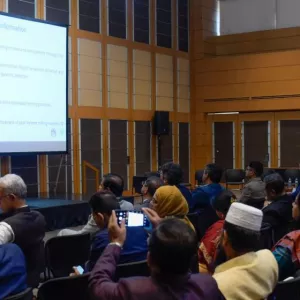Transformation of rice value chains in Bangladesh and Nepal: Status, Challenges, and Vision
Bangladesh and Nepal are two important rice economies of South Asia with large rice consuming populations. Rice productivity in these countries often goes beyond food security. It is at the core of these countries’ social and economic stability and environmental sustainability. However there are some common and stark differences in rice production challenges between the two countries. In the past

Transformation of rice value chains in Bangladesh and Nepal: Status, Challenges, and Vision
Bangladesh and Nepal are two important rice economies of South Asia with large rice consuming populations. Rice productivity in these countries often goes beyond food security. It is at the core of these countries’ social and economic stability and environmental sustainability. However there are some common and stark differences in rice production challenges between the two countries. In the past two decades, Bangladesh turned from rice deficit to surplus while Nepal turned from rice surplus to deficit. Rice scientists and policymakers from Bangladesh, Nepal, and South Asia came together at the 6th International Rice Congress in Manila to discuss these as well as other challenges, and their future visions for the Bangladesh and Nepal rice sectors.
Dr. Jongshoo Shin, Regional Director for Asia at the International Rice Research Institute, opened the session on the Transformation of rice value chains in Bangladesh and Nepal: Status, challenges, and vision . Dr. Shin invited panelists to share a bigger picture of Bangladesh and Nepal and to help analyze factors that impact or could contribute more to these countries’ rice productivity such as post-harvest losses, market linkages, and access to finance. Panelists were also asked to put forward a viable direction and set of solutions to the challenges both countries are facing in this area.
The first presentation of the session was on the transformation of the rice value chains in Bangladesh by Dr. Md Shahjahan Kabir, Director General, Bangladesh Rice Research Institute (BRRI), where he spoke about the history of rice farming in Bangladesh, how the country moved from being a food-deficit country to being a food surplus nation and the drivers which led to this success.
“Significant transformations have been brought with the introduction of the new and productive boro rice season, the development and adoption of more productive…

